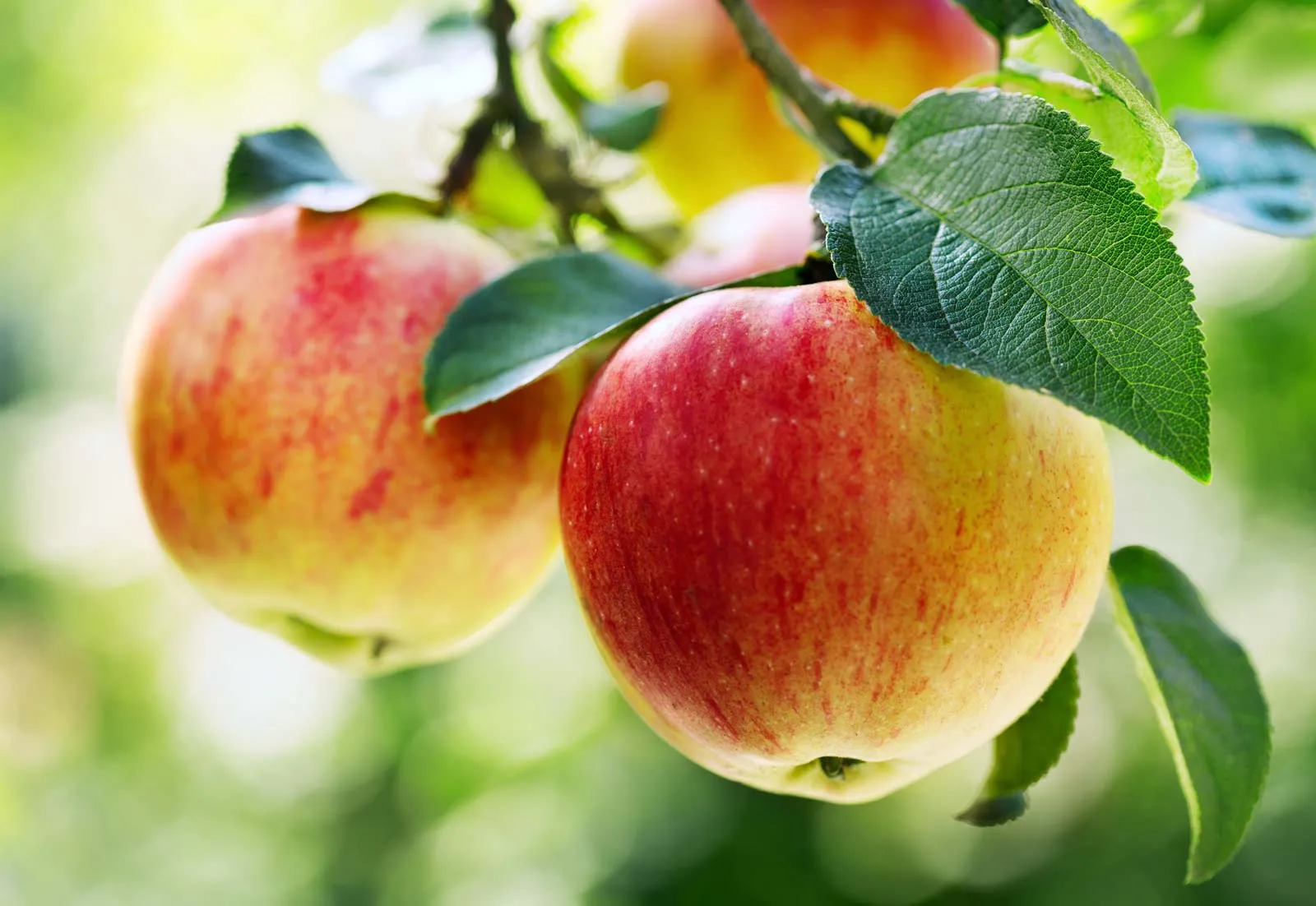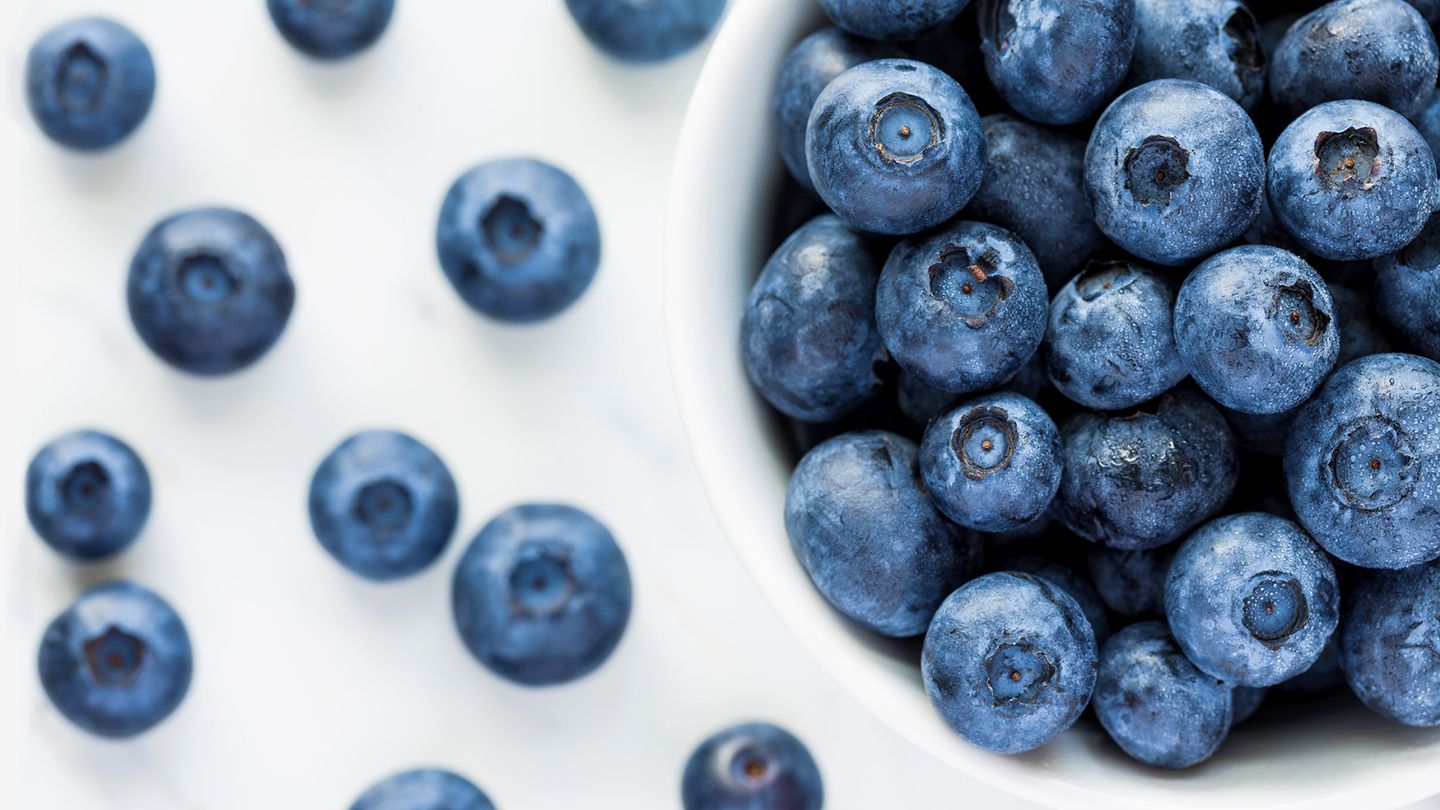Ad Blocker Detected
Our website is made possible by displaying online advertisements to our visitors. Please consider supporting us by disabling your ad blocker.
Kiwifruit, often simply referred to as kiwi, is a small, vibrant green fruit known for its unique appearance and exceptional nutritional value. Native to China, this fruit has become a global favorite due to its delightful sweet-tart flavor and numerous health benefits. Kiwifruit is not only delicious but also incredibly nutritious, making it a valuable addition to a healthy diet. In this article, we will delve into the nutritional richness of kiwifruit, explore its potential health advantages, and discover its versatile culinary applications.
A History of Kiwifruit
Kiwifruit, scientifically known as Actinidia deliciosa, is also commonly referred to as the Chinese gooseberry. It is believed to have originated in China, where it was originally known as “yang tao.” Kiwifruit made its way to New Zealand in the early 20th century, where it was cultivated and subsequently introduced to the world under its current name, inspired by the native New Zealand bird, the kiwi. Today, kiwifruit is grown in various parts of the world and is cherished for its unique flavor and impressive nutritional profile.
Nutritional Profile of Kiwifruit
A Nutrient-Packed Gem
Kiwifruit is celebrated for its delicious taste and impressive nutritional content. Here’s a glimpse of the nutrients found in kiwifruit:
1. Vitamins
- Vitamin C: Kiwifruit is renowned for its exceptionally high vitamin C content, which supports immune health, skin regeneration, and wound healing.
- Vitamin K: Essential for blood clotting and bone health.
- Vitamin E: A fat-soluble antioxidant that helps protect cells from oxidative damage.
2. Minerals
- Potassium: Essential for heart health, nerve function, and maintaining healthy blood pressure levels.
- Copper: Supports various metabolic processes in the body.
- Phosphorus: Essential for bone health and energy metabolism.
3. Dietary Fiber
- Soluble Fiber: Supports digestive health, stabilizes blood sugar levels, and helps lower cholesterol.
- Insoluble Fiber: Promotes regular bowel movements and prevents constipation.
4. Antioxidants
- Flavonoids: Kiwifruit contains flavonoids like quercetin and rutin, which have antioxidant and anti-inflammatory properties.
- Carotenoids: Carotenoids found in kiwifruit, such as lutein and zeaxanthin, support eye health.
5. Natural Sugars
- Fructose: The natural sugars in kiwifruit provide its sweet taste and a source of quick energy.
6. Phytonutrients
- Actinidin: An enzyme unique to kiwifruit, actinidin aids in protein digestion and may have anti-inflammatory properties.
Health Benefits of Kiwifruit
1. Immune Support
- Vitamin C: Kiwifruit is a vitamin C powerhouse, which enhances immune function and helps the body fight infections.
- Antioxidants: The antioxidants in kiwifruit contribute to overall health by reducing oxidative stress and supporting the immune system.
2. Digestive Health
- Dietary Fiber: The fiber in kiwifruit promotes digestive regularity, prevents constipation, and supports a healthy gut microbiome.
- Actinidin: The enzyme actinidin in kiwifruit aids in protein digestion and may alleviate digestive discomfort.
3. Heart Health
- Potassium: Kiwifruit is rich in potassium, which helps regulate blood pressure, supports heart health, and reduces the risk of hypertension.
- Antioxidants: The antioxidants in kiwifruit may reduce oxidative stress and inflammation in the cardiovascular system.
4. Eye Health
- Carotenoids: Kiwifruit contains carotenoids like lutein and zeaxanthin, which protect the eyes from harmful high-energy light waves like ultraviolet rays.
5. Skin Health
- Vitamin C: Vitamin C in kiwifruit aids in skin regeneration, collagen production, and wound healing.
- Antioxidants: The antioxidants in kiwifruit help protect skin cells from oxidative damage, contributing to healthy, radiant skin.
6. Weight Management
- Low Calorie: Kiwifruit is relatively low in calories, making it a suitable choice for those aiming to manage their weight.
- Dietary Fiber: The fiber content in kiwifruit enhances feelings of fullness, potentially reducing overall calorie intake.
Culinary Uses of Kiwifruit
Kiwifruit’s unique flavor and vibrant green color make it a delightful addition to a variety of culinary creations. Here are some enjoyable ways to incorporate kiwifruit into your diet:
1. Fresh and Simple
- Sliced Kiwifruit: Enjoy freshly peeled and sliced kiwifruit as a refreshing snack.
- Kiwifruit Salad: Combine kiwifruit with other fresh fruits like strawberries, oranges, and blueberries for a colorful and nutritious fruit salad.
2. Smoothies and Juices
- Kiwifruit Smoothie: Blend kiwifruit with yogurt, honey, and your choice of greens or other fruits for a creamy and nutritious smoothie.
- Kiwifruit Juice: Extract kiwifruit juice and combine it with other fruit juices for a refreshing and vitamin-rich beverage.
3. Desserts and Baked Goods
- Kiwifruit Sorbet: Make a fruity sorbet by blending kiwifruit with sugar and freezing it.
- Kiwifruit Tart: Create a delicious tart with a flaky crust and a sweet kiwifruit filling.
4. Salsas and Sauces
- Kiwifruit Salsa: Prepare a vibrant salsa with kiwifruit, tomatoes, onions, cilantro, and lime juice, perfect for topping grilled chicken or fish.
- Kiwifruit Sauce: Make a sweet sauce by simmering kiwifruit with sugar and a touch of ginger, ideal for drizzling over ice cream or pancakes.
5. Preserves and Jams
- Kiwifruit Jam: Create a unique jam by cooking kiwifruit with sugar and pectin, perfect for spreading on toast or using as a filling for pastries.
Kiwifruit Varieties
Kiwifruit comes in various varieties, each with its unique flavor and characteristics. Common kiwifruit varieties include:
- Green Kiwifruit: The most widely recognized variety, known for its vibrant green flesh and sweet-tart flavor.
- Golden Kiwifruit: These kiwifruits have smooth, bronze skin and a sweeter taste than green kiwifruit.
- Baby Kiwifruit (Kiwi Berries): Small, bite-sized kiwifruit without the need for peeling, often enjoyed as a snack.
Conclusion
Kiwifruit, with its sweet-tart flavor and impressive nutritional profile, is a small fruit that packs a big punch in terms of health benefits. Whether you’re enjoying it fresh, blended into a smoothie, or incorporated into a dessert, kiwifruit offers a delightful combination of flavor and nutrition. From supporting immune and heart health to aiding digestion and enhancing skin radiance, kiwifruit is a valuable addition to your diet. So, savor the goodness of kiwifruit and embrace the numerous benefits it brings to your overall well-being and culinary creations.



